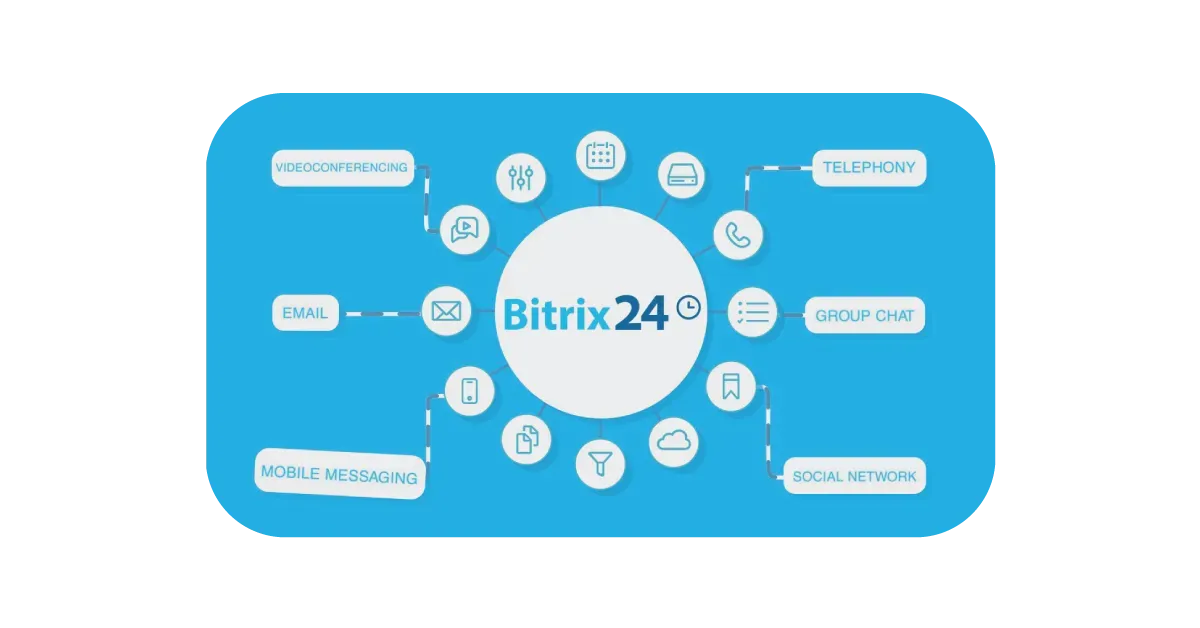CRM automation can boost your sales by streamlining processes, allowing sales teams to focus on customers. By automating tasks, it lets them spend more time building relationships.
Furthermore, clean, accurate customer data ensures the right messages reach the right people.
It also builds loyalty through personalized experiences. In addition, nurturing campaigns engage leads throughout their journey.
Moreover, qualifying the ready and routing others maintains momentum. Pipeline visibility, in turn, prevents lost opportunities. Repetitive reminders, conversely, keep everyone on track.
Metrics, moreover reveal what works and what needs adjusting. They can track who converts, when, and why.
Similarly, forecasting anticipates trends, while customer behavior shows where to improve. Consequently, lifetime value and retention rate measure success.
Ultimately, automation handles the heavy lifting so you can optimize everything else.
Keep reading to learn how to assess your needs, choose the right tools, set up workflows, and analyze results to discover how the right CRM automation can streamline your sales.
Benefits of CRM Automation
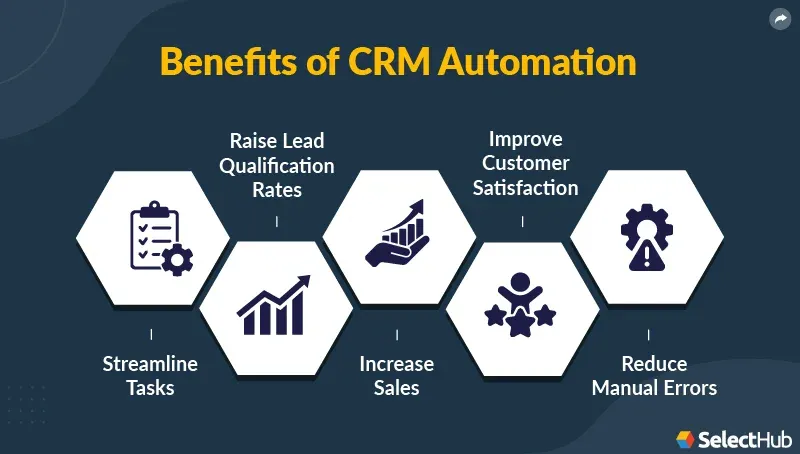
Nowadays, in the business environment, effectively managing customer relationships is vital for success.
This is where Customer Relationship Management (CRM) automation comes in handy.
By implementing CRM automation, businesses can enjoy various benefits that contribute to maximizing sales opportunities.
Let's explore some CRM automation benefits:
Improved Data Accuracy and Organization
Accurate and organized data is the backbone of any successful sales strategy.
CRM automation tools ensure customer information is collected, stored, and updated accurately and efficiently.
With automated data entry and real-time syncing, businesses can rely on clean and up-to-date customer data, eliminating manual errors and duplicates.
Streamlined Sales Processes
CRM automation tool easily streamlines your sales processes, making them more efficient and effective.
By automating tasks like lead assignment, follow-ups, and pipeline tracking, sales teams can focus on building customer relationships and closing deals.
Automated workflows help sales activities progress smoothly, reducing bottlenecks and ensuring a consistent sales process.
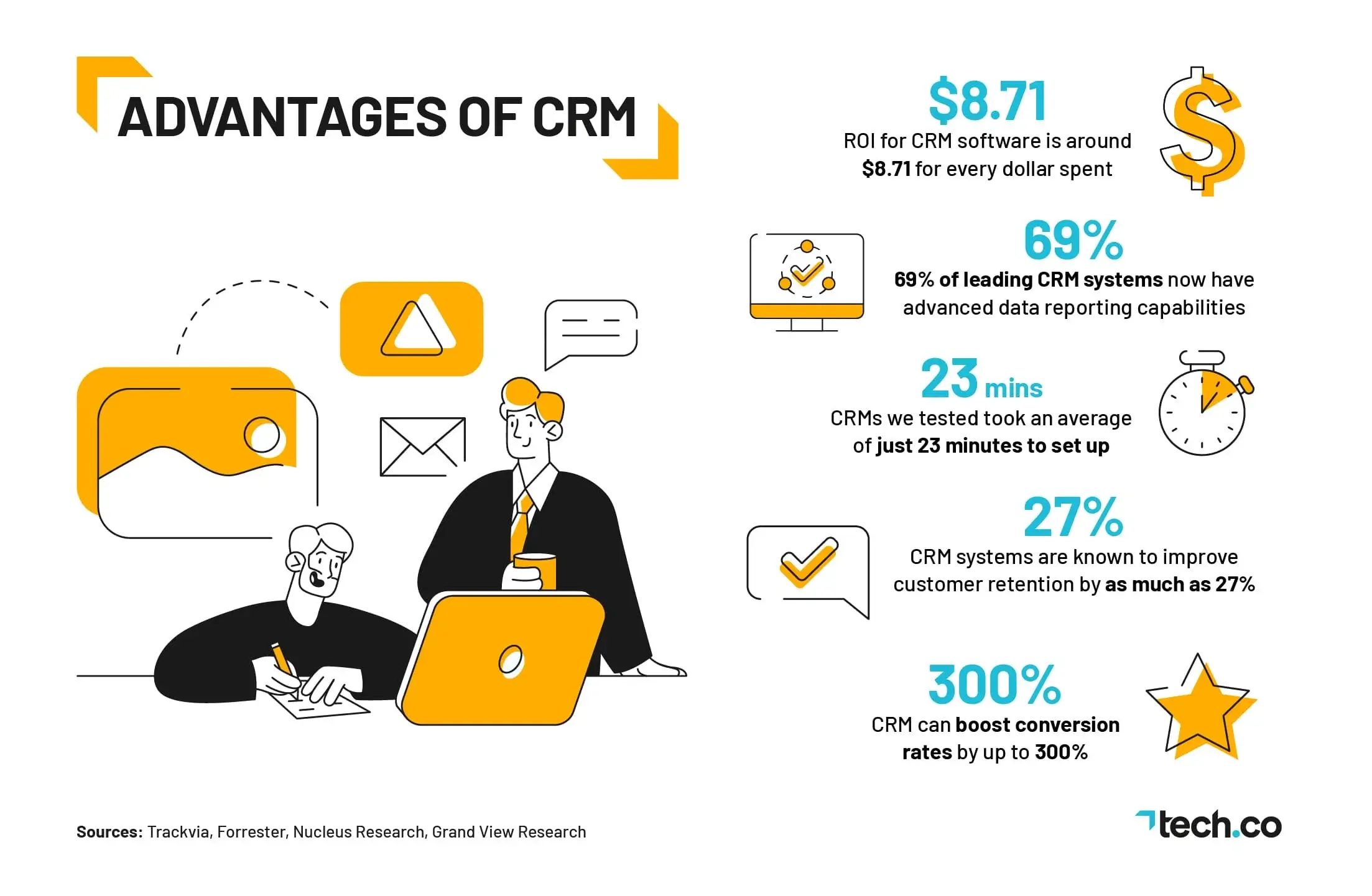
Enhanced Customer Relationship Management
Understanding and nurturing customer relationships is necessary for sales growth.
CRM automation tools provide a centralized platform for tracking customer interactions, preferences, and buying behavior.
This data lets businesses personalize their approach, deliver relevant and timely communications, and build stronger customer relationships.
Increased Productivity and Efficiency
By automating repetitive and time-consuming tasks, CRM automation frees up valuable time for sales teams to focus on high-value activities.
Automated workflows and notifications are essential tasks that should be noticed, increasing productivity.
Additionally, streamlined processes reduce manual effort, enabling sales teams to accomplish more in less time.
Now that we've seen the benefits of CRM automation, let's explore how businesses can successfully implement it.
Implementing Chatbot CRM Integration and Automation
Streamline your customer management with CRM automation.
Gain insights to boost sales and service. Identify areas for automated processes to save time and focus on clients.
Let us see how to implement the CRM automation tool.
Assessing Your Business Needs
It's important to assess how a chatbot can integrate with your CRM and automate processes. Identify key customer touchpoints, frequently asked questions and repetitive tasks that a chatbot can handle.
This will reduce manual work and improve customer experience.
Selecting the Right Chatbot Platform
Choose a platform that seamlessly integrates with your CRM system. Look for features like CRM database connection, workflow automation, and customizability.
The platform should have developer tools to integrate additional systems and scale as needs grow.
For example, BotPenguin a free custom chatbot development platform aces in providing CRM integrations that include popular CRM platforms like ZOHO, Hubspot, Salesforce, Insightly, and many more.
With the combined benefits of CRM and Chatbots, BotPenguin makes automation services like lead generation and customer support more effective by unifying marketing and sales efforts in one place:
- Marketing Automation
- WhatsApp Automation
- Customer Support
- Lead Generation
- Facebook Automation
- Appointment Booking
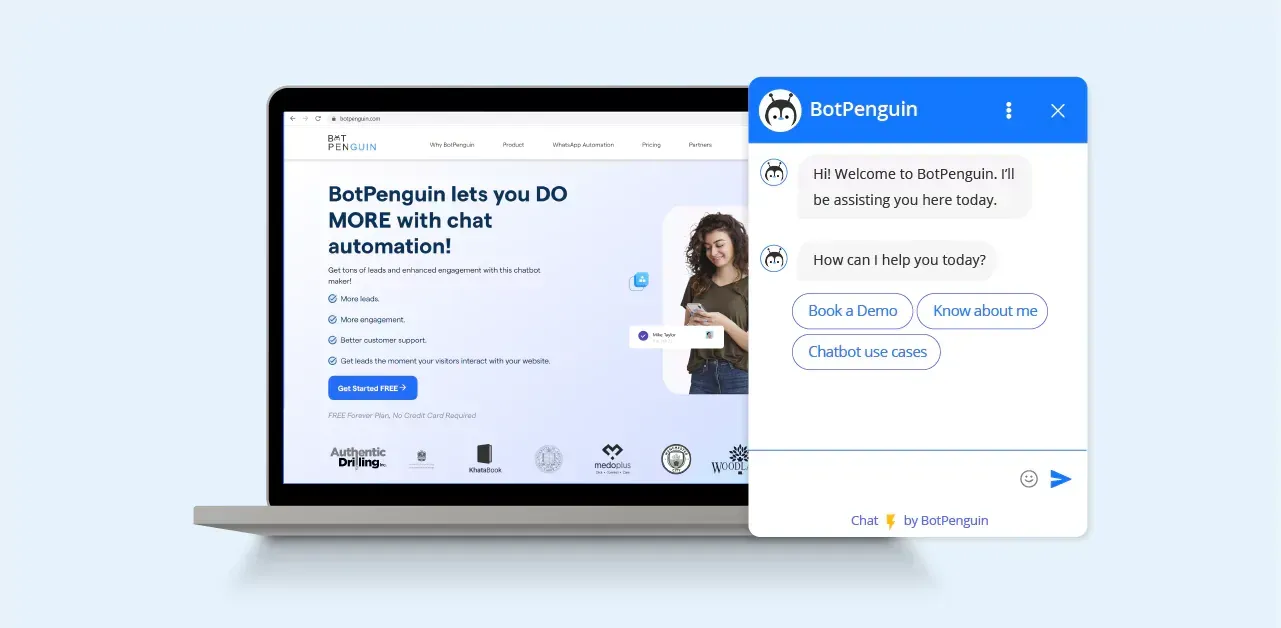
Setting Up Chatbot Workflows
Map out customer journeys and integrate them as chatbot workflows. For example, lead qualification and appointment booking.
Connect these workflows to your CRM to automatically update records. Ensure workflows are intuitive for customers to follow through chat.

Testing and Training the Chatbot
Train the chatbot using sample conversations to improve its ability to understand intents and respond appropriately.
Continuously test workflows to resolve issues before launch. Monitor interactions to refine responses and train the chatbot as needed.
Analyzing Insights in CRM
Use chatbot interaction data in your CRM for insights. Track metrics like leads generated, upsells achieved, and customer satisfaction. Use these insights to optimize chatbot performance and workflows over time.
After implementation, you need to automate your CRM with the sales funnel.
Suggested Reading:
Automating Sales Funnel with CRM
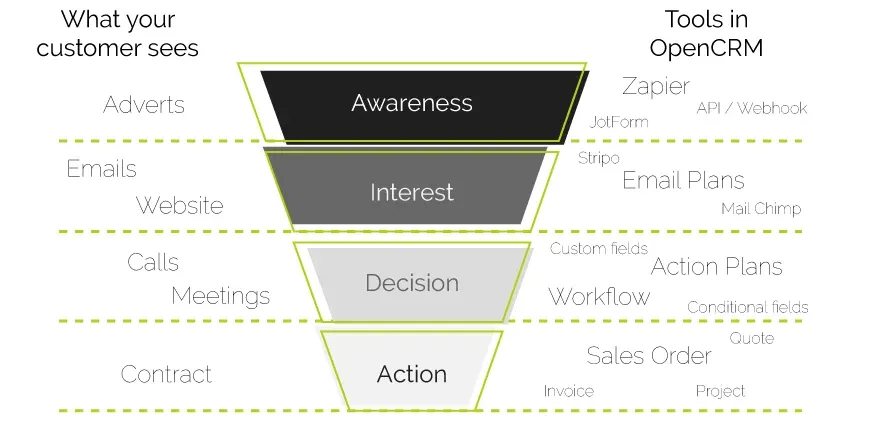
Nowadays, in a competitive business landscape, automating the sales funnel with Customer Relationship Management (CRM) software is crucial for maximizing sales opportunities.
Businesses can streamline their sales process and drive growth by integrating automation into lead generation, nurturing, and sales pipeline management.
Let's explore how CRM automation tools can change your sales funnel:
Lead Generation and Capturing
Generate qualified leads at scale with marketing automation. Capture leads from all digital touchpoints and funnel them into your CRM.
Use forms, tracking, and integrations to feed leads into your system automatically—nurture prospects with tailored messaging—spot opportunities with insights. Qualify sales-ready leads faster.
Boost your sales funnel with streamlined lead management.
Lead Nurturing and Qualification
Automating personalized nurturing campaigns allows businesses to engage with leads at scale.
By setting up automated drip campaigns, tailored content can be delivered to nurture leads throughout their buyer's journey.
CRM automation tool enables lead qualification based on predefined criteria, allowing sales teams to focus on the most promising leads.
Sales Pipeline Management
Managing the sales pipeline is made more efficient with the CRM automation tool.
By tracking and managing sales opportunities in the CRM system, businesses gain visibility into each stage of the sales process.
Sales pipeline automation allows for setting up automated notifications and follow-up reminders, ensuring timely action and preventing opportunities from slipping through the cracks.
Now, let us see some data insights for sales growth with a CRM automation tool.
Suggested Reading:
Using Data Insights for Sales Growth
Apart from automating the sales funnel, CRM software provides valuable data insights that can drive sales growth.
Here's how you can use CRM data to your advantage:
Analyzing Customer Behavior and Preferences
CRM automation allows businesses to track customer interactions and engagement, providing valuable insights into their behavior and preferences.
By analyzing this data, businesses can better understand customer needs, tailor their messaging and offers, and deliver a personalized customer experience that resonates with their target audience.
Sales Forecasting and Trend Analysis
CRM data can be used for sales forecasting and trend analysis.
By mining historical data and analyzing patterns, businesses can predict sales trends and make informed decisions.
This helps in resource planning, setting sales targets, and adjusting marketing strategies to capitalize on emerging trends and opportunities.
Cross-Selling and Upselling Strategies
CRM automation tools enable businesses to identify cross-selling and upselling opportunities with existing customers.
By analyzing customer purchase history, preferences, and behavior, businesses can identify products or services that complement their customers' needs and preferences.
CRM automation also facilitates the implementation of personalized recommendations and offers, increasing customer loyalty and revenue.
Now, let us see how you can measure the success of CRM automation.
Suggested Reading:
Measuring the Success of CRM Automation
To measure the success of CRM automation, businesses need to track and analyze key performance indicators (KPIs) related to sales and customer management.
By regularly monitoring these metrics, businesses can evaluate the effectiveness of CRM automation and make informed decisions to improve performance.
Let's explore some essential KPIs for measuring the success of CRM automation:
Sales Conversion Rate
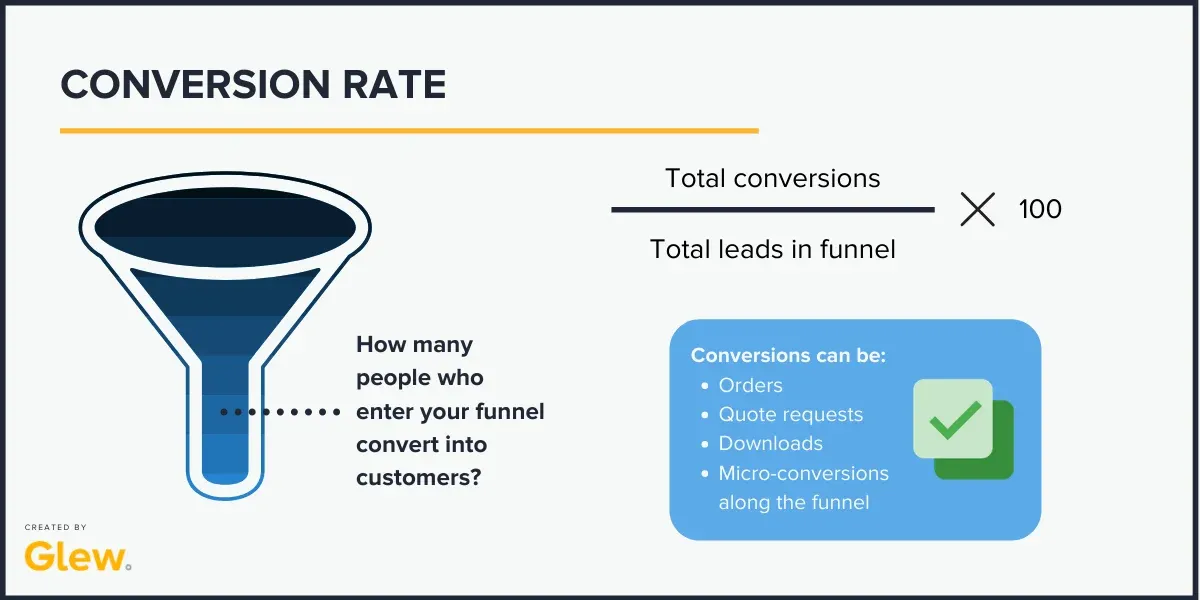
The sales conversion rate measures the percentage of leads or opportunities that convert into actual sales.
By tracking this metric, businesses can assess how well the CRM automation system is helping to move prospects through the sales funnel and close deals.
A higher conversion rate indicates a successful CRM automation implementation.
Customer Retention Rate
The customer retention rate measures the percentage of existing customers who continue to do business with the company over a given period.
CRM automation is crucial in nurturing customer relationships and ensuring customer satisfaction.
By monitoring the customer retention rate, businesses can assess the impact of CRM automation on customer loyalty and ongoing sales.
Sales Cycle Length
The sales cycle length measures the average time for a lead to progress from initial contact to closing a deal.
With CRM automation streamlining sales processes, businesses can reduce the time it takes to convert leads into customers.
By tracking the sales cycle length, businesses can evaluate the efficiency and effectiveness of their CRM automation efforts.
Customer Lifetime Value (CLTV)
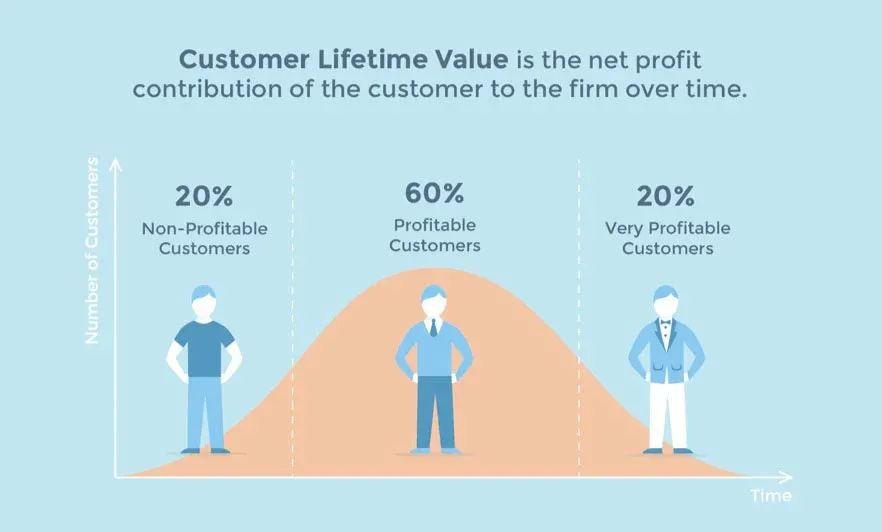
The customer lifetime value measures the total revenue a customer generates throughout their entire relationship with the company.
CRM automation helps businesses deliver personalized experiences and build long-term relationships with customers.
Monitoring CLTV allows businesses to evaluate the effectiveness of CRM automation in maximizing customer value and driving overall revenue growth.
Customer Satisfaction Score (CSAT)
The customer satisfaction score measures the satisfaction level of customers with the company's products, services, and overall experience.
CRM automation enables businesses to gather feedback, track customer interactions, and address customer concerns effectively.
A higher CSAT score indicates that CRM automation improves customer satisfaction and loyalty.
Conclusion
CRM automation is a powerful sales accelerator. It streamlines processes, provides insights, and strengthens relationships.
By automating repetitive tasks and capturing 360-degree customer profiles, your sales team can spend more time strategizing.
Automated workflows ensure consistent follow-ups and deliver personalized experiences across channels. Data-driven decisions and forecasting optimize resources.
Implementing the right CRM solution tailored to your goals unleashes automation's full potential. Boost productivity and supercharge sales - try CRM automation today!
Suggested Reading:
Frequently Asked Questions (FAQs)
What is an example of CRM automation?
An example of CRM automation is automated email marketing campaigns that send personalized messages to leads or customers based on their behavior, thereby nurturing relationships and increasing the likelihood of sales conversions.
How do I automate a CRM application?
Automating a CRM application typically involves setting up workflows and triggers that automatically perform tasks such as sending follow-up emails, updating customer information, or assigning leads to sales representatives based on predefined criteria.
What are the key functions of CRM automation?
Key functions of CRM automation include lead management, sales forecasting, customer data analysis, task scheduling, and personalized communication. These functions help streamline sales processes, improve customer engagement, and enhance overall sales efficiency.
What are CRM tools?
CRM tools are software applications that help businesses manage customer relationships, track interactions, and streamline sales processes. These tools often include features such as contact management, sales pipeline tracking, customer communication history, and data analysis to optimize sales strategies.
What is the difference between CRM and automation?
The main difference between CRM and automation lies in their functions. While CRM focuses on managing customer relationships and data, automation is using technology to streamline repetitive tasks and workflows. CRM automation combines these concepts to automate various aspects of customer relationship management for improved efficiency and effectiveness.


